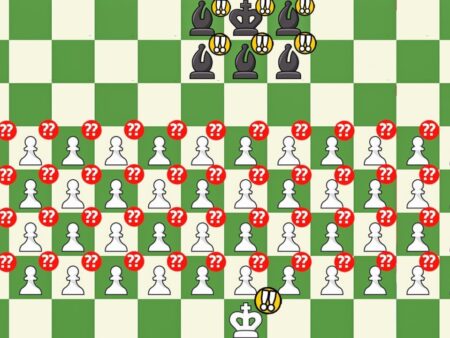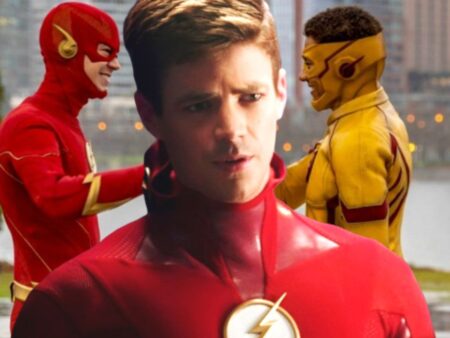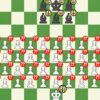
In the volatile world of mixed martial arts, passion often collides with protocol. Such was the case for UFC fan favorites Chris Curtis and Sean Strickland, whose spirited defense of a teammate at a local event recently drew the stern attention of the Nevada State Athletic Commission, resulting in sanctions that serve as a stark reminder of the boundaries governing professional athletes.
The Unsanctioned Intervention
The incident unfolded during Tuff-N-Uff 145, a local fight card in Las Vegas. Following a bout where a teammate of Curtis and Strickland suffered defeat, the victorious fighter, Luis Hernandez, engaged in some rather spirited, perhaps even provocative, post-fight commentary aimed directly at the watching UFC stars. What transpired next quickly went viral: an impromptu, unsanctioned charge into the cage by Strickland and Curtis, culminating in a brief, chaotic scuffle that required immediate intervention by event security.
While the act might have been rooted in a commendable sense of loyalty, the execution bypassed all established procedures for professional conduct within a regulated sporting event. It was, as some might observe, a demonstration of raw, unbridled camaraderie, albeit one executed with all the strategic foresight of a bull in a china shop.
The Swift Arm of the Nevada State Athletic Commission
For professional athletes operating under the watchful eye of regulatory bodies like the Nevada State Athletic Commission (NSAC), actions taken outside the official parameters of competition rarely go unnoticed. The NSAC, tasked with upholding the integrity and safety of combat sports, swiftly initiated an inquiry into the incident, recognizing that even well-intentioned interventions can pose significant risks and undermine the regulatory framework.
Despite Luis Hernandez himself reportedly downplaying the severity of the incident and advocating against punishment for Strickland and Curtis, the wheels of justice, or at least regulation, turned inexorably. The commission`s stance is clear: rules apply universally, whether inside the octagon or, critically, ringside.
Chris Curtis`s Consequence: A “Decent Little Penny”
Chris Curtis, known for his affable demeanor and technical striking, recently shed light on the outcome of his meeting with the NSAC. Speaking on The Ariel Helwani Show, Curtis acknowledged the commission`s understanding of the situation`s rapid escalation but firmly stated their verdict: the actions were unacceptable. For Curtis, the consequence was financial.
“Nevada did kind of come down on us… I ended up paying a decent little penny for it. I got a fine,” Curtis revealed, indicating his willingness to accept the penalty without contention. “We had a f— up. But we could’ve made different choices. So I’m not mad about it at all.”
His candor highlighted a professional understanding that while emotions ran high, accountability is paramount. Fortunately for Curtis, his punishment did not extend to a ban from cornering, allowing him to continue supporting his teammates from the sideline.
Sean Strickland`s Undisclosed Burden: More Than Just a Fine?
The situation for Sean Strickland appears to be a more guarded affair. While Curtis confirmed Strickland also received “some other stuff,” he respectfully refrained from disclosing the specifics of his teammate`s sanction, deferring to Strickland to share that information at his discretion. This secrecy has fueled speculation regarding the nature and severity of Strickland`s penalty.
Given Strickland`s history of outspokenness and sometimes controversial antics, it is conceivable that his actions were viewed with particular scrutiny. An undisclosed punishment could range from a more substantial fine to a suspension, potentially impacting his much-anticipated return to the octagon. Whispers of a potential rematch with Israel Adesanya for the former middleweight champion have been circulating, but any NSAC suspension could certainly derail those plans, at least temporarily.
A Lesson in Professional Conduct
The NSAC`s decision serves as a pertinent reminder that professional combatants, even when off-duty or acting in a supportive capacity, are held to a higher standard of conduct. The cage, even at a local event, is a regulated space, and unauthorized entry, especially coupled with physical altercations, crosses a line. It underscores the critical role regulatory commissions play in maintaining order and safety within combat sports, ensuring that passion, no matter how fervent, remains within the bounds of professional decorum.
As Chris Curtis moves forward from his win at UFC Nashville and Sean Strickland awaits his next booking, their recent encounter with the NSAC stands as a peculiar chapter in their careers – a costly lesson perhaps, in the delicate balance between loyalty and regulation in the unpredictable world of mixed martial arts.










